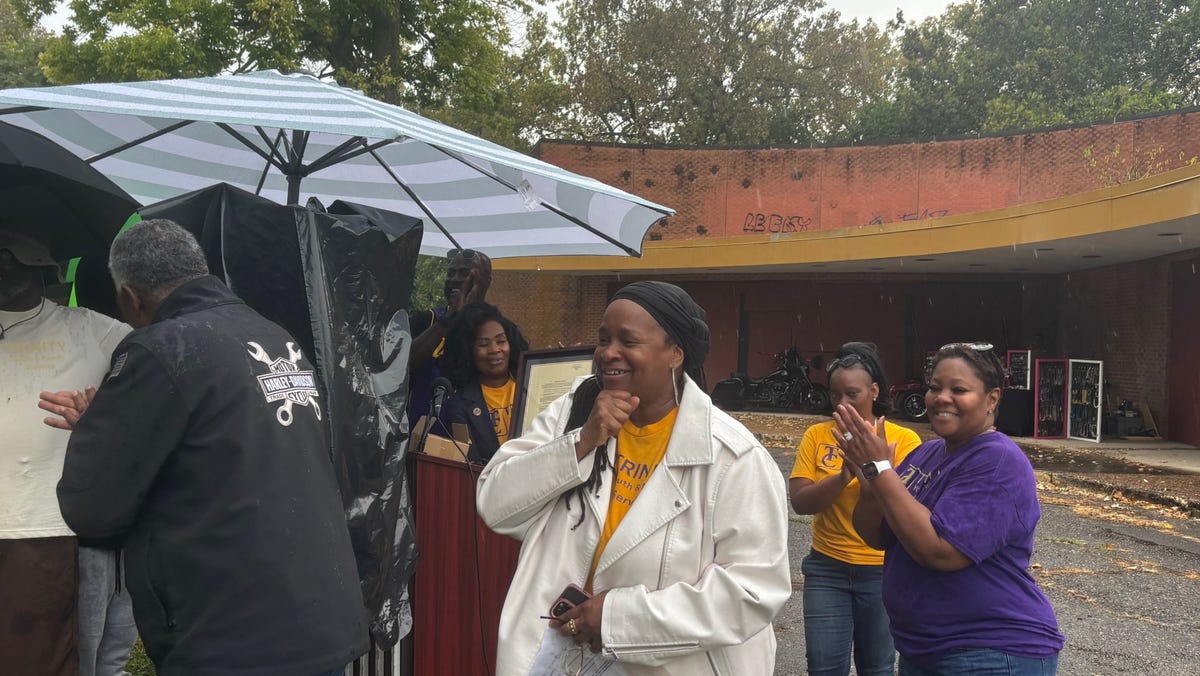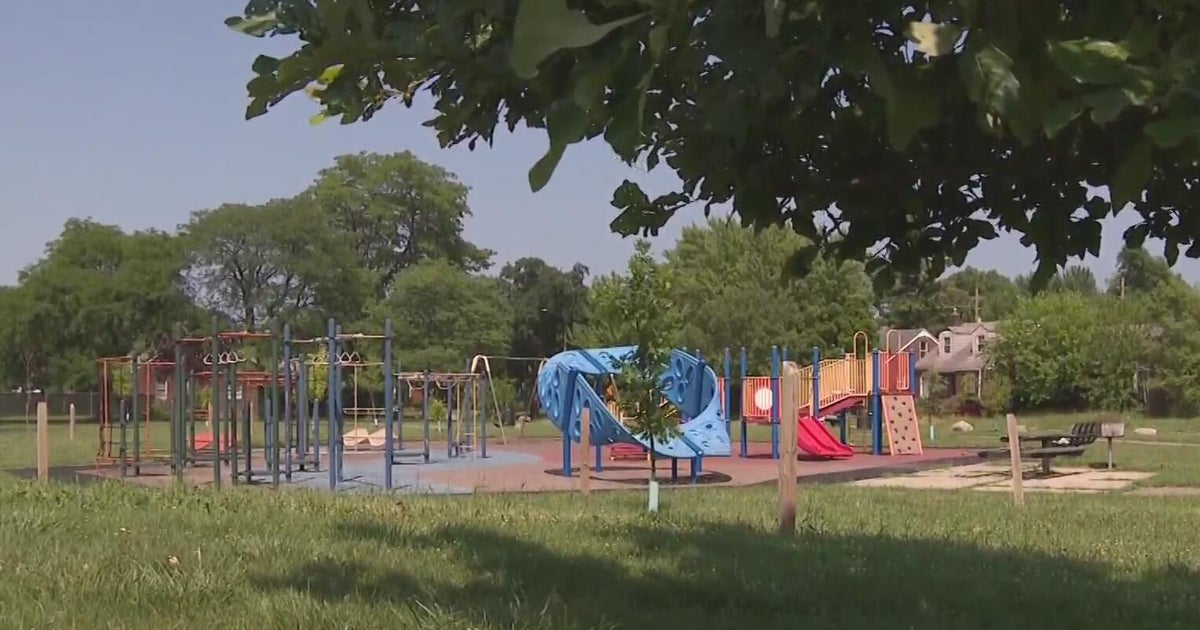STUTTGART — Members of the Arkansas House Agriculture, Forestry and Economic Development Committee met with economists Tuesday to hear about the financial outlook for the state’s farmers and from farmers themselves.
In recent months, farmers have cited depressed commodity prices, high input costs and a weak export market as pressing economic stressors going into the harvest season.
Rep. DeAnn Vaught, R-Horatio, who is also a farmer, opened the meeting Grand Prairie Center by saying the economic troubles facing Arkansas farmers affects more than just the agriculture industry.
“It does hit everybody in the state of Arkansas,” Vaught said.
I think that’s one thing we have not really looked into, is it’s not just affecting Stuttgart or row crop farms, it’s seriously going to affect everyone in our state and that’s one of the reasons we decided to put this together. One to educate ourselves truly on what this does mean for our state.”
Leslie Rogers, a technical sales specialist at agricultural chemical manufacturer SePRO Ag, said farmers are among the largest private employers in the state of Arkansas and losses to the state’s agriculture industry will have widespread implications for Arkansas’s rural communities.
“In recent weeks, it has been consistently mentioned that up to 1 in 3 of our farms in our state will cease to operate if there is no supplemental aid offered to producers,” Rogers said.
“I’ve spent almost 20 years in ag sales and I’ve never seen this level of concern, hesitation and sheer exhaustion from growers,” she said.
“For three consecutive growing seasons, row crop farmers in Arkansas have faced break-even or below break-even margins. For the 2025 season, there was no workable budget for state row crops in Arkansas. The math simply doesn’t work anymore,” she said.
Members of the audience, which included local farmers and agribusiness owners, called on state lawmakers to “bend the ear” of their federal counterparts in Congress to allocate supplemental financial assistance, not in months, but in weeks.
Some asked state lawmakers to pass a resolution and send it to the congressional delegation requesting immediate aid for farmers. Vaught said that was something she would be willing to pursue and said she was confident such a measure would pass in both the state House and Senate.
Arkansas farmers said it’s a matter of weeks, not months, that will determine whether they can stay in business with no financial assistance.
The One Big Beautiful Bill Act, signed into law in July, increased federal spending for agricultural financial aid, crop insurance, disaster assistance and other rural programs by $65.7 billion over the next decade. It also made adjustments to reference prices — the basis for risk and price loss coverage programs — which producers utilize when revenues and crop prices fail to reach certain levels.
“I understand the big beautiful bill was passed and it is going to give us a level of assistance but it is not going to be enough,” said Kirk Vansandt, a farmer and chief agriculture lending officer with Stuttgart-based Farmers and Merchants Bank, which has 29 locations across Arkansas. Vansandt visited Washington, D.C., last week to hear from congressional leaders.
“We are already plugging the numbers in and all of these crops are still coming in with shortfalls, so we’re going to need some additional relief because we’re in such dire straits with our export markets and the need for reliable commodities right now,” Vansandt said.
“This is a dire time,” Cooperative Extension agriculture economist Hunter Biram said. “Yes, there was a boost to the safety net, but the biggest issue right now is we’re facing these losses but the cash that will paid out on these losses will not be received until the fall of 2026.”
Net farm income has been declining in Arkansas for two years; farming expenses have been outpacing revenues and government assistance since 2023 and the trend is projected to continue through 2026, according to materials Biram presented.
The disparity between crop prices received and farm expenses is the largest it has been in the last 25 years, with input prices 47% higher than crop prices across the United States, Biram said.
“For the most part, agriculture tends to be a break-even business, at least from a row crop perspective,” Biram said.
Just comparing projections of total revenues versus total expenses, without including government assistance, Arkansas farmers are projected to experience a third consecutive year of negative net farm income, Biram said.
“We’re continuing to eat away at any equity that has built up from those post-covid years. So how sustainable is that, becomes the question,” he said.
Arkansas farmers’ expenses are projected to outweigh their cash receipts and other forms of financial assistance for corn, cotton, rice and soybean crops this year, according to Biram’s materials.
“What you see is per acre, corn is going to be losing nearly $300 an acre, cotton (losing) around $350 per acre, peanuts standing to make a little bit of money … rice at -$260 per acre, soybeans at -$85 per acre,” Biram said. “So if we’re looking at among these which one is the least bad, that’s going to be soybeans … but still losing nearly $100 an acre, add on operating expenses and rent just to produce the crop, and then we’re losing almost $200 per acre for 2025.”

/cloudfront-us-east-1.images.arcpublishing.com/gray/QXQJ2P6DVNDORP5IY4R2IAUDI4.bmp)





























